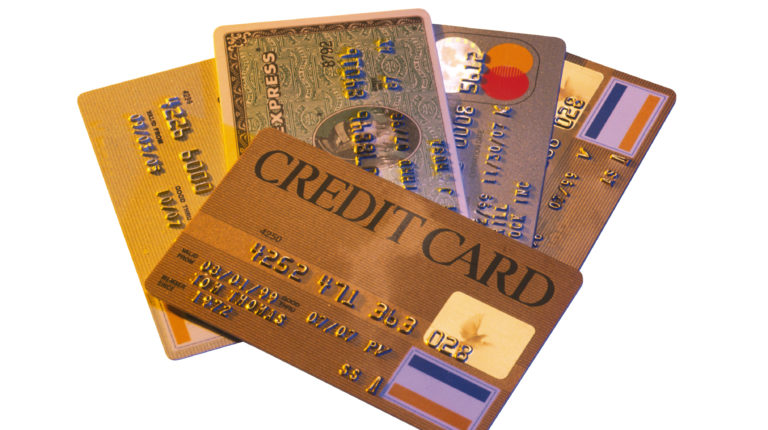Online. If a deal looks too good to be true, it probably is. Scammers often scheme to defraud consumers by offering too-good-to-be-true deals via phishing e-mails or advertisements. Such schemes may offer brand name merchandise at extremely low discounts or promise gift cards as an incentive to purchase a product. Other sites may offer products at a great price, but the products being sold are not the same as the products advertised.
Steer clear of un-trusted sites or ads offering items at unrealistic discounts or with special coupons. You may end up paying for an item, giving away personal information and credit card details, and then receive nothing in return except a compromised identity. In addition, do not open any unsolicited e-mails and do not click on any links provided.
In addition to securing your banking and credit accounts with strong and different passwords, secure all your other accounts that contain anything of value, such as: rewards accounts, online accounts that save your payment information, or accounts containing your private, personal information.
The emergence and prevalence of secondary markets for airline miles, gift cards, rewards credits, and the like have inadvertently increased the demand for, and resale value of, your stolen information.
Be vigilant when receiving items purchased from online auctions and third-party marketplaces. If an item arrives from some other online merchant, it may have been purchased using a stolen credit card number or stolen rewards points, etc. and then shipped directly to you. Report such cases to both the marketplace where you bought and the merchant who sent it.
On Social Media. Beware of posts on social media sites that appear to offer vouchers or gift cards, especially deals that are too good to be true, such as a free $500 gift card. Some may pose as holiday promotions or contests. It may even appear one of your friends shared the link with you. Often, these scams lead you to participate in an online survey that is actually designed to steal personal information.
In addition, if you purchase or receive theater, concert, or sporting event tickets as a holiday gift, do not post pictures of the tickets on social media sites. Fraudsters can create a ticket using the barcode obtained from the photo and resell the ticket. Protect ticket barcodes as you would your credit card number, and never display them on social media.
At Home. If you are in need of extra cash this time of year, beware of sites and postings offering work you can do from the comfort of your own home. These opportunities rely on convenience as a selling point for applicants, but often have unscrupulous motivations behind them. You should carefully research the job posting and individuals or company offering you employment.
Who in Whoville can help if you’ve been scammed…
- Contact your financial institution immediately upon suspecting or discovering a fraudulent transfer, and/or request that your bank reach out to the financial institution where the fraudulent transfer was sent
- Request that your bank reach out to the financial institution where the fraudulent transfer was sent
- File a complaint with the FBI’s Internet Crime Complaint Center, regardless of dollar loss. Provide all relevant information in your complaint
- Contact law enforcement
